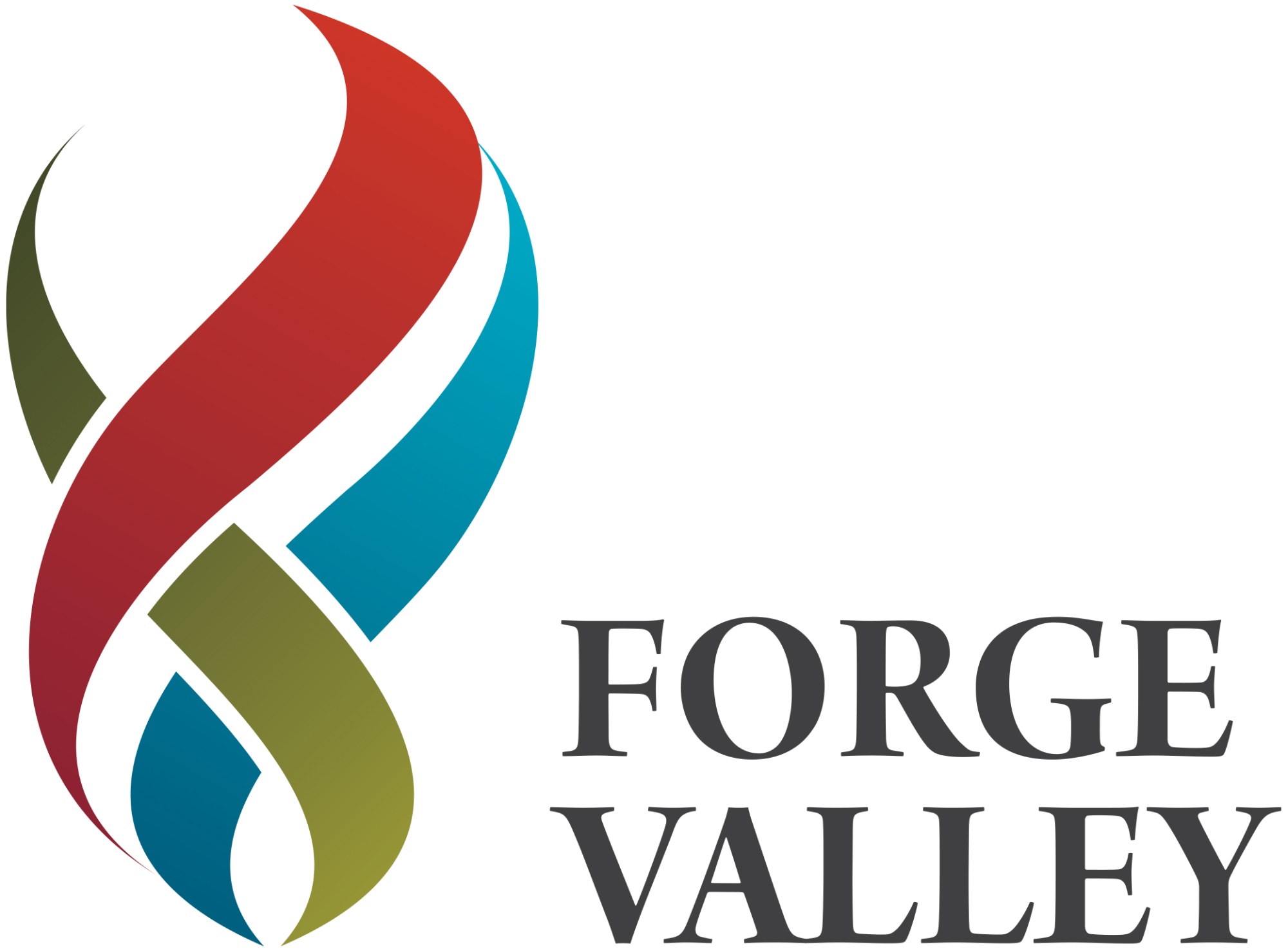Physical Education
Overview
At Forge Valley we believe that Physical Education is something that should be enjoyed and appreciated by all of our pupils. We understand that we cannot instil a love for sport in every child and therefore aim to promote a passion for exercise and activity and an understanding of its importance in relation to wellbeing. Our intention is to facilitate healthy and active lifestyles for all of our pupils - the benefits of which will hopefully be realised long after they leave Forge Valley School.
Key Stage 3 Curriculum Content
Our KS3 pupils will experience a wide range of fitness and games activities during two lessons of PE per week. This will provide them with exercise and opportunities to solve problems in challenging practical situations. We strive to create an environment where pupils feel able to express themselves during their competitive and non-competitive performances, and to develop confidence in their own abilities to be active and to successful in a variety of roles.
Key Stage 3 Spring Term – Units of Work
|
Year 7 |
Year 8 |
Year 9 |
|
Orienteering Gymnastics Football Rugby Fitness Badminton |
Table Tennis Netball / Basketball Leadership Rugby Fitness Badminton |
Table Tennis Handball Leadership Multi-Sports Fitness Badminton
|
PE Assessment at KS3 – ‘Head and Heart’
In PE we develop key interpersonal skills such as communication and teamwork in addition to attributes such as leadership, resilience and hard work – these are skills that we know are transferrable for a life beyond education.
In agreement with the Tapton School Academy Trust (TSAT) PE network, we now assess KS3 PE using the ‘Head and Heart’ approach, with a focus on:
- Heart - communication, confidence, leadership, respect, resilience, and effort
- Head - knowledge, understanding, analysis, feedback, responsibility and rules
We have adopted this approach as these are the qualities that we want our young people to be leaving school with and so this is what we want to try and foster. We want students to demonstrate a love of learning for PE and they need to be encouraging and supportive of each other to help everyone succeed.
We have removed a third strand from our current assessment model:
- Hand – physical ability, technique, competitiveness, fitness levels
Whilst we do not doubt the importance of fitness, technique and competition, we wanted to focus on the more transferrable skills, and we also wanted to challenge the misconception that the best technical performers are the best PE learners. We don’t believe that this is necessarily the case. We hope that this model will lead to a change in the culture of our school sport – allowing everyone to succeed, rather than the gifted athletes or sport technicians.
The ‘Head and Heart’ assessment criteria, can be seen below:
|
HEART |
HEAD |
||
|
6 |
|
|
6 |
|
5 |
|
|
5 |
|
4 |
|
|
4 |
|
3 |
|
|
3 |
|
2 |
|
|
2 |
|
1 |
|
|
1 |
*Students will receive a PE learner level (1-6), and a PE behaviour level (1-4) at Key Stage 3.
Key Stage 4 Curriculum Content - Core PE / BTEC Sport
Our KS4 pupils experience a wide range of fitness and games activities during one lesson of PE per week. We realise and value the importance of PE within our KS4 curriculum and so allow pupils the opportunity to exercise and challenge themselves in a less formal PE setting. We hope that this continued investment in PE enables pupils to cope with the increasing demands that are put upon them throughout their schooling, whilst having a positive impact on their mental health.
KS4 Options Pathway – Pearson BTEC First Award in Sport
For our pupils who aspire to further their understanding of sport and may possibly want to be employed in the sporting / recreation sector, we aim to provide an interesting and challenging vocational pathway that provides them with not only the knowledge and skills needed, but the experience and inspiration required to help them to achieve their goals and dreams.
The course consists of 4 units of work over 2 years:
- Unit 1: Fitness for Sport & Exercise (Exam)
- Unit 2: Practical Sports Performance
- Unit 3: Applying the Principles of Personal Training
- Unit 6: Planning & Leading Sports Activities
Assessment:
- 25% externally assessed (onscreen exam)
- 25% controlled assessment
- 50% internally assessed – completion of 2 units of coursework
